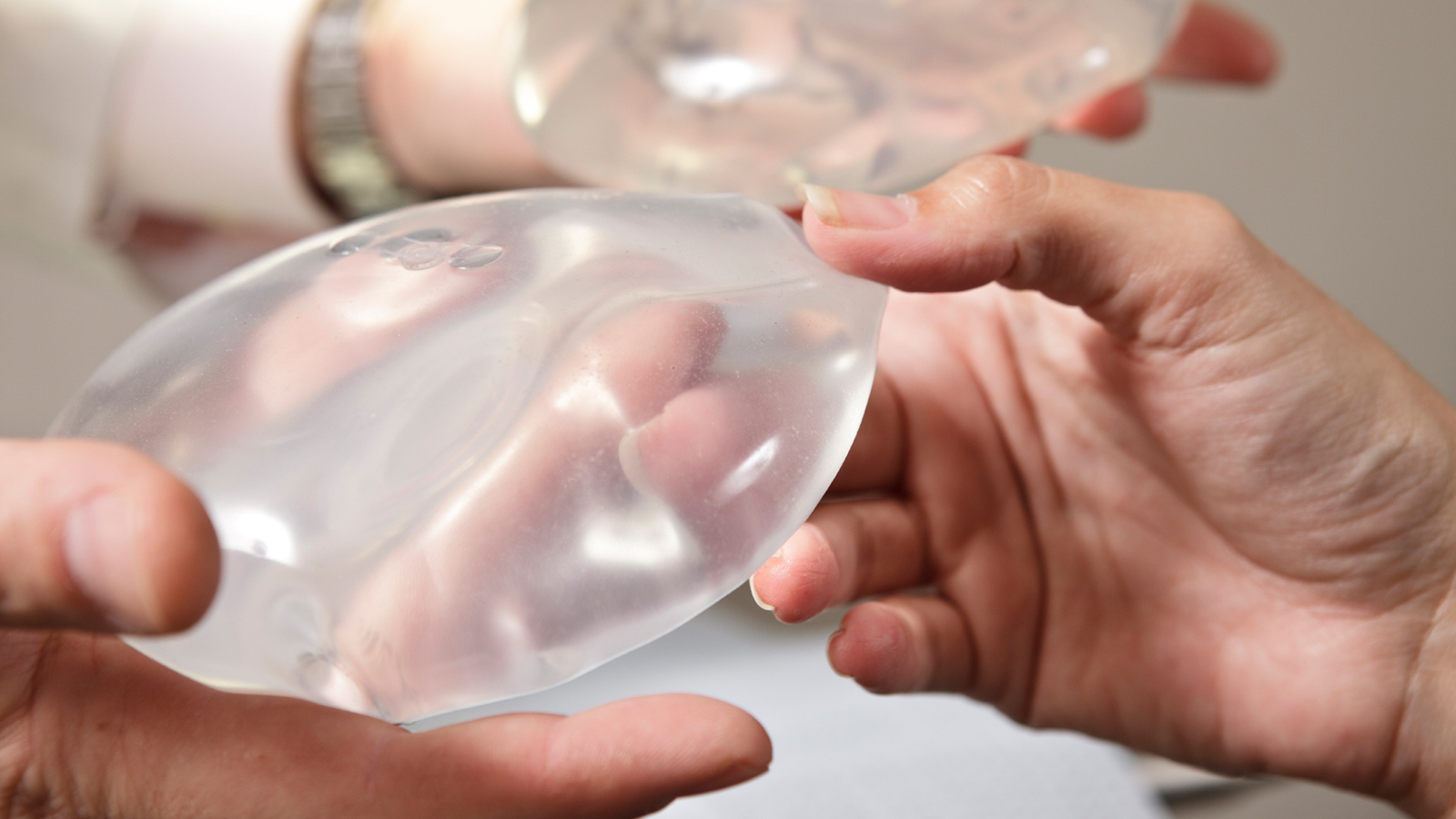
High-intensity focused ultrasound, or HIFU, is a high-tech method for treating prostate cancer. It is non-invasive and is highly effective. The process uses non-ionizing ultrasonic waves to increase blood and lymph flow. It can also use thermal and mechanical mechanisms to kill tissue. It is considered an alternative to surgery that is safe and effective.
HIFU (High-Tech Injection for Prostate Cancer) is a new, high-tech way to treat prostate cancer.
HIFU, a high tech approach to treating prostate cancer, is a very effective treatment. It targets small areas of tissue approximately the same size as a grain of rice, and then destroys them in one session. HIFU uses a renewable energy source and is radiation-free. The procedure can be repeated several times, allowing patients to have more than one treatment if necessary.
HIFU is performed by an ultrasound probe, which delivers ultrasound sound waves to prostate. These sound waves are directed at the cancerous cells while sparing healthy tissue. The treatment can last up to 2 hours. Real-time imaging is done of the prostate gland in order to confirm that it is targeting cancer cells. Some minor side effects can occur but they usually go away soon after the procedure.
It is a painless, non-invasive alternative to surgical facelifts
HIFU is a non-invasive treatment for facelifts that does not leave any incisions or scars. It's also cheaper than surgical facelifts. It can improve the overall tone and appearance of your facial skin. HIFU can be performed before or after a surgical facelift procedure to improve facial contours.

This treatment uses high intensity focused ultrasound energy to heat facial tissue. It results in smoother, firmer skin. The results are visible in a matter of months and are completely safe. HIFU is a great alternative to surgery for younger patients. Talking to a doctor is important before you choose this treatment. A surgeon will provide you with a complete diagnosis and let you know if HIFU might be right for your needs.
It can damage blood vessels and nerves that control erections
Hifu is a surgical procedure where high-intensity, focused ultrasound energy is used to destroy cancer cells. It is typically performed on a small portion of the prostate. It can have side effects due to damage to blood vessels or nerves. While this type of radiation is not considered a cure for prostate cancer, it is an option for men who have undergone abdominal surgery.
The procedure is performed as an outpatient procedure and patients are discharged the same day. It takes around one to four hours for HIFU to be performed. Most patients will experience little to no side effects. There are some side effects, such as erection problems. However, it is less likely than surgery to cause bladder problems or urinary incontinence.
It is a complex procedure and requires only a brief recovery period.
Hifu is a complicated procedure that makes use of ultrasound waves to target tumours. The procedure takes two to four hours and is done under general painkillers. An ultrasound probe is inserted into a patient's rectal wall during the procedure. The probe ends are equipped with a transducer. These sound waves are focused and emit through the rectal wall. This destroys cancerous tissue, and damages nearby structures.
While the HIFU treatment is safe for most patients it is not suitable for all. This is because photodamaged and excessively loose skin types may not be able to benefit from this treatment. In addition, people with severe acne, open skin lesions, or infection should not undergo the procedure.

It is only available in specialist centres or as part of a clinical trial
Patients with advanced prostate carcinoma are often eligible for HIFU. It is often performed as an outpatient procedure. The first step in the treatment is an MRI scan of the prostate to pinpoint the position of the cancer. This will help the surgeon target the right area of prostate cancer for treatment.
HIFU damages the skin's collagen proteins and elastin proteins. These proteins are vital in maintaining the skin's structure and foundation. As people age, these proteins break down and form wrinkles and fine lines.